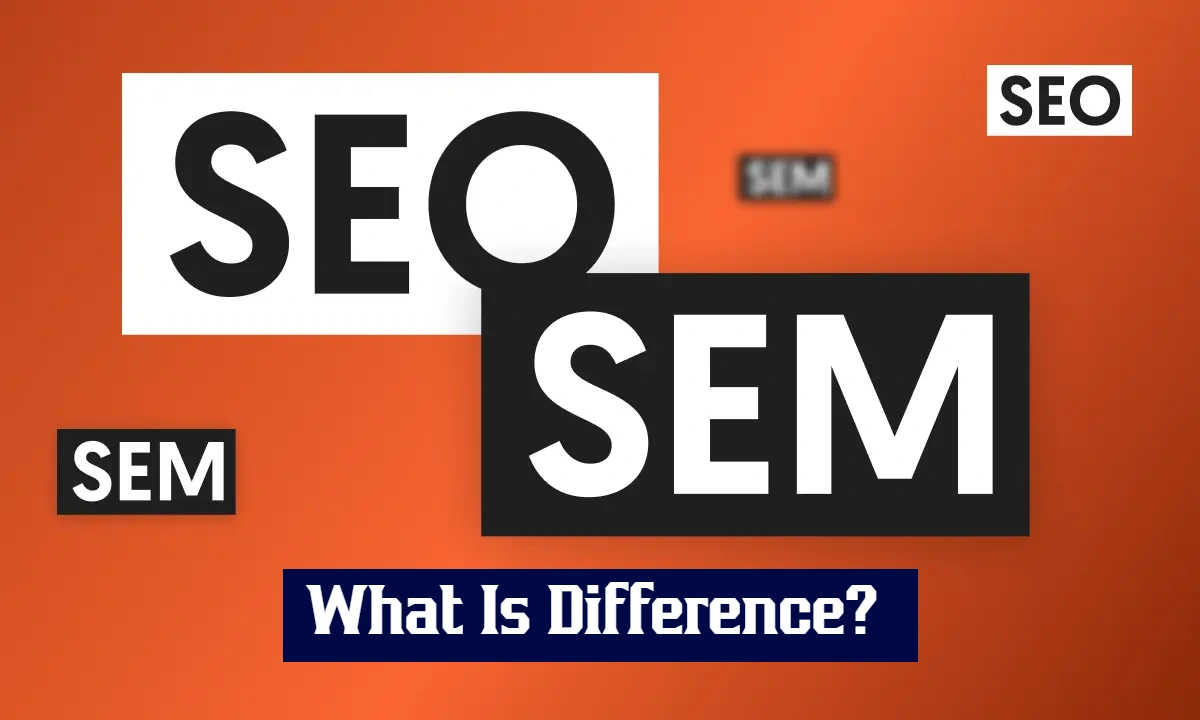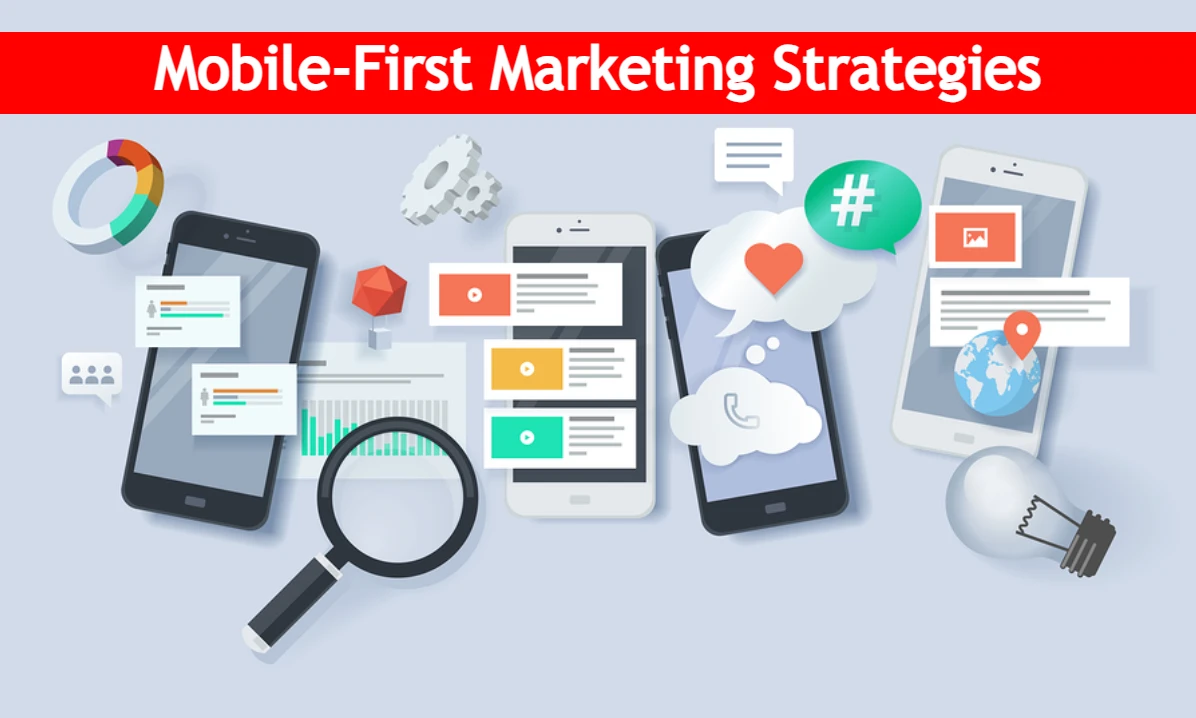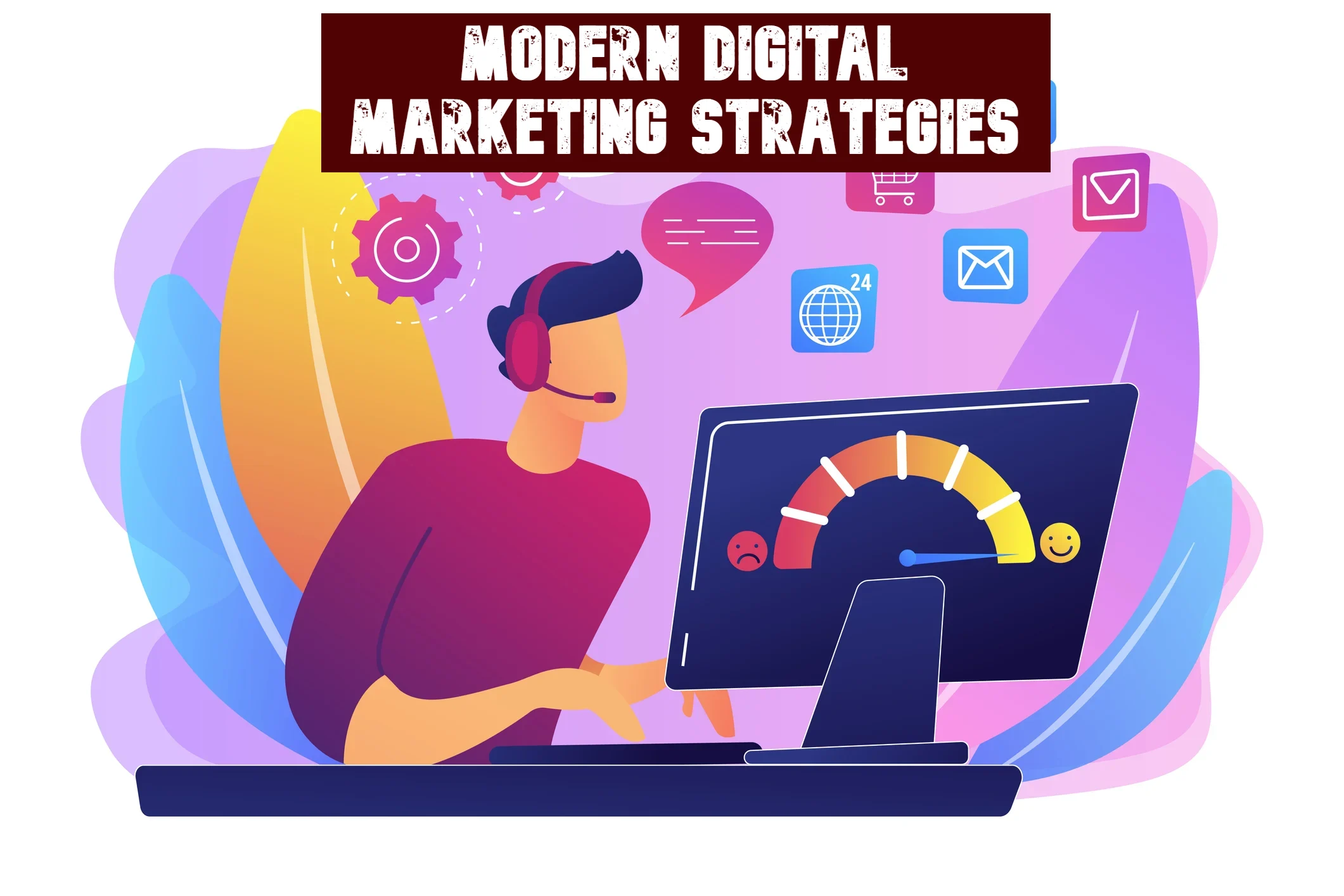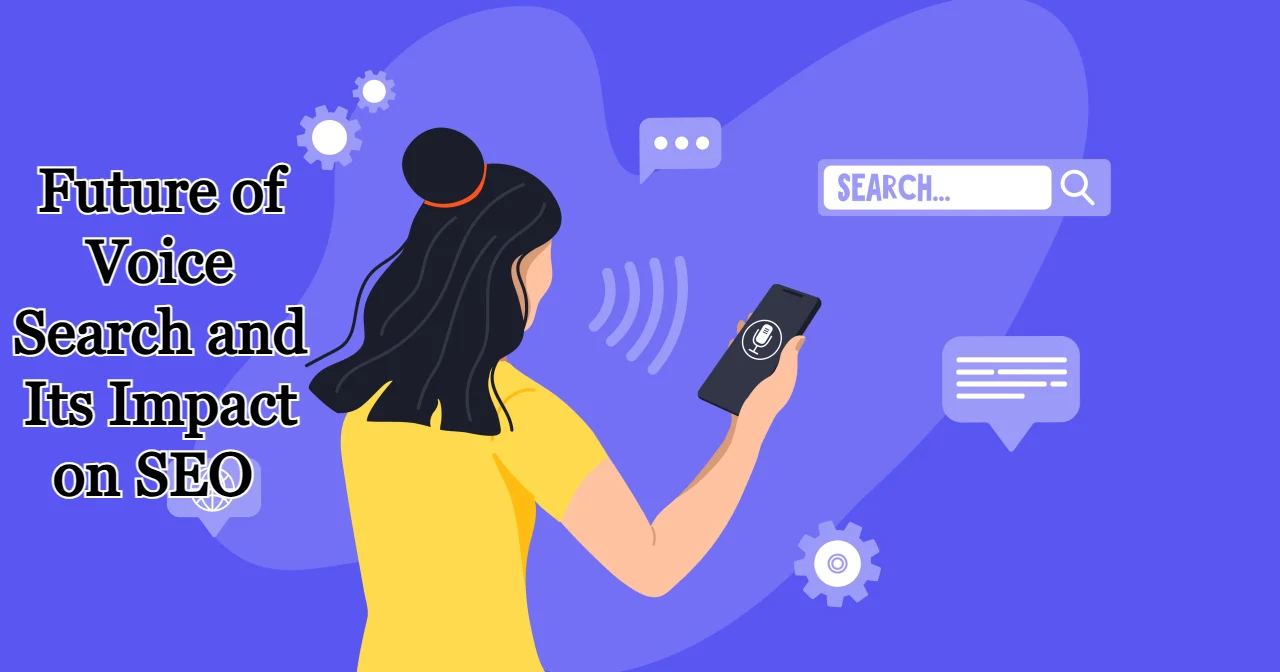
How Artificial Intelligence is Changing Email Marketing
How Artificial Intelligence is Changing Email Marketing
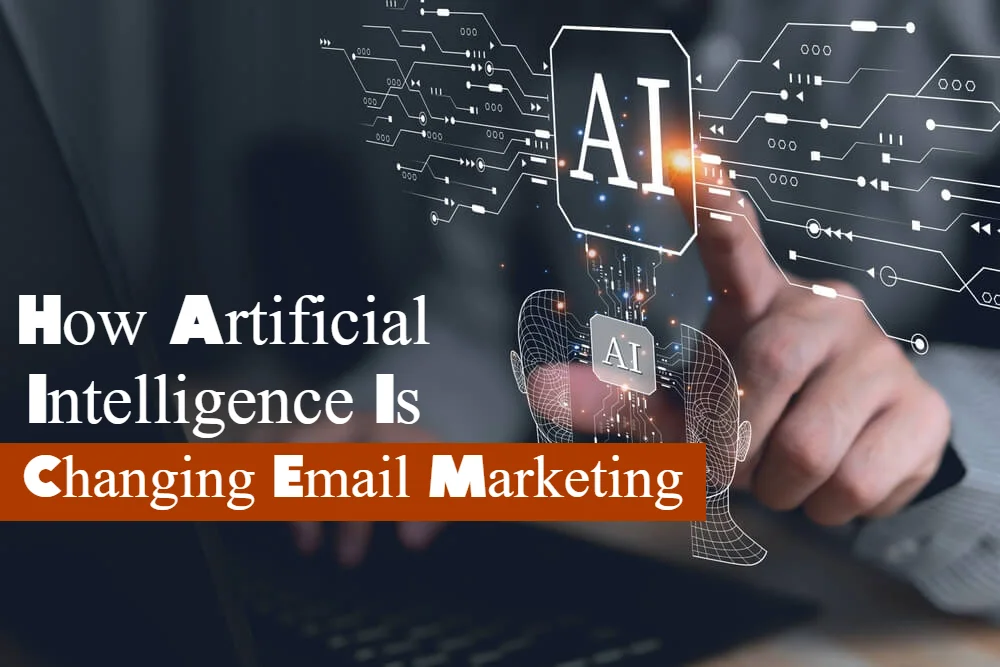
Although email marketing is still a great approach to interact, the previous several years have provided fresh approaches for marketers to reach consumers. Actually, consumers claim that their preferred method of interacting with companies is still opening in a new window email. Our analysis opens a new window indicates that last year the count of outgoing emails rose by 15%. High client involvement drives the volume of sends, therefore opens a fresh window. And today, artificial intelligence in email marketing is greatly enhancing outcomes even more.
Though in its early years, artificial intelligence is benefiting humanity in many different ways. Before really using the technology, marketers have a lot of questions to address. How might artificial intelligence fit our approach? Working with our current email marketing system, how will artificial intelligence interact? How will we find out whether artificial intelligence targets our desired clientele?
Artificial intelligence in email marketing:
Using machine learning techniques, artificial intelligence in email marketing customises content, maximises send times, and segments audiences.
While generative AI can use historical data to develop new, relevant content or solutions fit to particular user demands at scale and speed, predictive AI offers insights based on past data. Together, they automated, optimised, and customised the email marketing process. Their respective objectives are enhanced email marketing engagement and client pleasure.
As long as you know how the technology works, artificial intelligence (which is included into many marketing systems) can help you maximise and create outstanding email marketing campaigns. AI can award a lead scoreOpens in a new window indicating the possibility of conversion by assessing, for instance, a customer's reaction to different email campaigns and website interactions.
AI can also reveal information on the possible income every client could bring over their lifetime with the brand. By asking artificial intelligence to create profiles of "lookalikeOpens in a new window," you can increase your reach to fresh prospects more inclined to interact and convert.
In email marketing, how might artificial intelligence boost effectiveness?
Generative AIOpens in a new window, one marketer recently told us, are where "creativity meets innovation and personalisation takes centre stage." They obviously have drawn on its capacity to produce natural language-based sections for more complex communications.
Once you know the preferred communication styles of your clients, you may group them to provide very tailored and scaled highly customised content. Using artificial intelligence helps you more likely to grasp and portray the tastes of your customer. By doing this, artificial intelligence not only improves consumer experiences but also makes them inclusive, so guaranteeing a wide spectrum of customer preferences are shown.
Predictive artificial intelligence can find the ideal times to send emails to individual recipients by analysing past consumer engagement trends including open rates, click-through rates, and conversion rates. Emails are sent to customers based on their preferences, therefore reducing email tiredness and improving involvement and loyalty.Starts in a fresh window.
This leads us to email A/B testing, the technique whereby you send varying email versions to your audience to assist in determining which variation works best. The answers readers provide are unambiguous—that is, they decide between two-option replies or behaviours, such opening or not opening an email.
Using artificial intelligence to test email subject lines allows you to discover which one increases engagement rates. Keeping in mind the objective of finding out what works best for a certain audience, you will also maximise clickthrough rates, therefore helping you to refine your messaging.
One marketer opens in a new window to show how generative artificial intelligence in email marketing increased 10x A/B testing.
They advised us to test user activity instead of only subject lines, so enabling more strategic every send. "Along with content, I design using artificial intelligence. It guides my choice of colours and graphics to most appeal to my target market.
AI enables the low-expertise structure to be completed so that you may contribute the high-value material and your chosen point of view. For a topic you are researching, for instance, you might request a list of subcategories together with definitions.
What difficulties in email marketing provide for artificial intelligence?
Adopting and adjusting artificial intelligence will pay off in terms of lowered costs, better engagement, and more scalable customisation. If you ignore the foundations, though, there could be negative results.
There ought to be safeguards in place to ensure artificial intelligence initiatives are learning fast enough to match evolving consumer behaviour.
Ethical considerationsOpens in a new window regarding consumer trust, data privacy, and security demand compliance and laws to protect consumer data.
Successful artificial intelligence integration depends on technical knowledge, hence education is essential.opens a new portal to an artificial intelligence trained workforce.Opens in a separate window ability to maximise tools and platforms can seem like a big challenge.
Good artificial intelligence for email marketing depends on strong data basis. It also depends on enabling the flow of work to use AI outcomes. With your AI email marketing initiatives, what data sources could you really connect into?
How might artificial intelligence improve my email content?
By use of tailored messaging, artificial intelligence can enhance your email content. For a clothes retailer, for instance, a marketer can design one email highlighting purchase and browsing-based product recommendations. After that, the marketer can use artificial intelligence to rapidly produce ten fresh iterations of that original email in order to appeal to various consumer groups.
With all that email material at hand, you may utilise it to develop one-to- one customising. For best outcomes, keep in mind that your AI strategy should be linked to your data and consumer engagement approach. Dynamic content, offers, and suggestions for unique consumers can be combined using the historical data from your CRM system.
AI can then run the next best email to keep your consumer travelling depending on how they interact. Your AI-powered email content may now more easily fit your messaging since it recognises your particular customer preferences and company objectives.
This kind of content production scales and simplifies the customising process at once.
